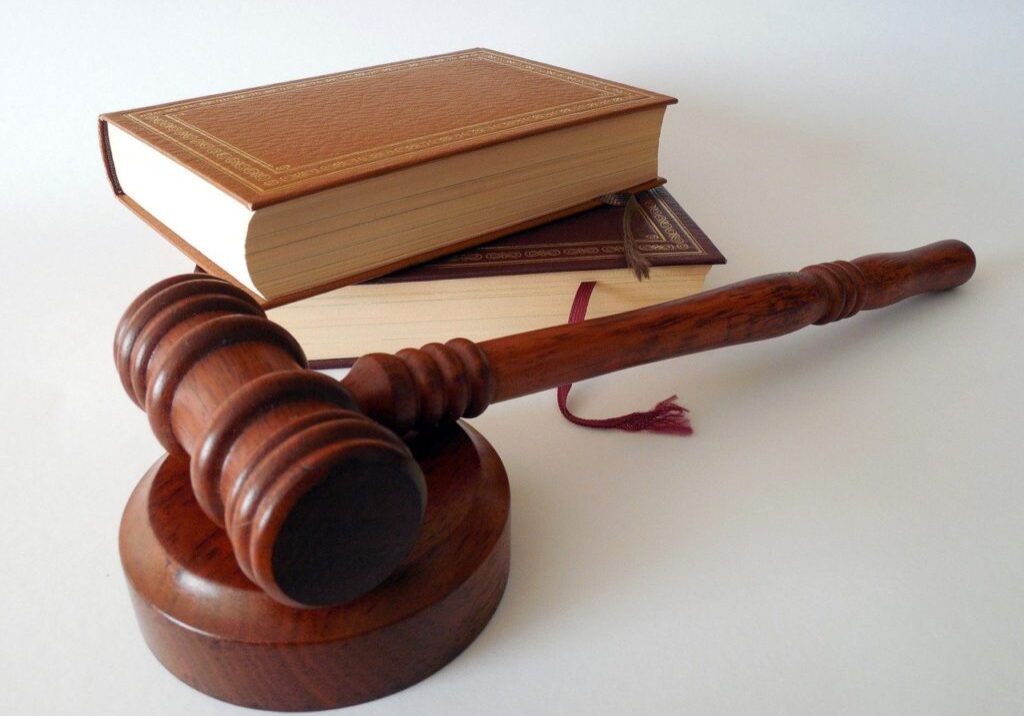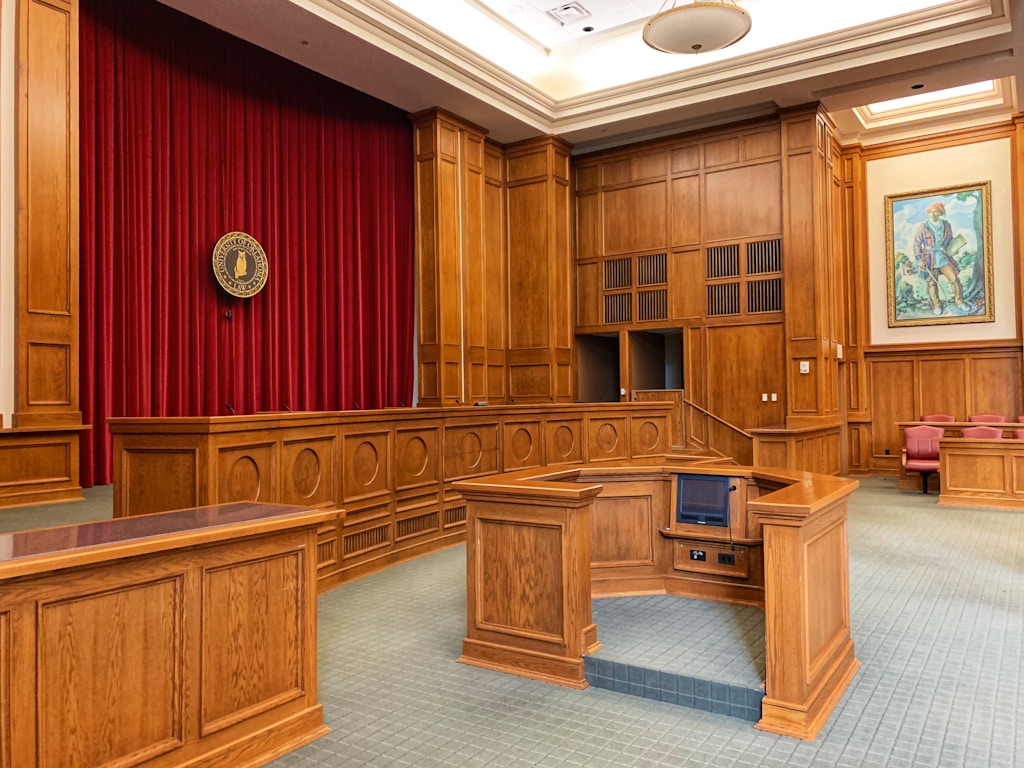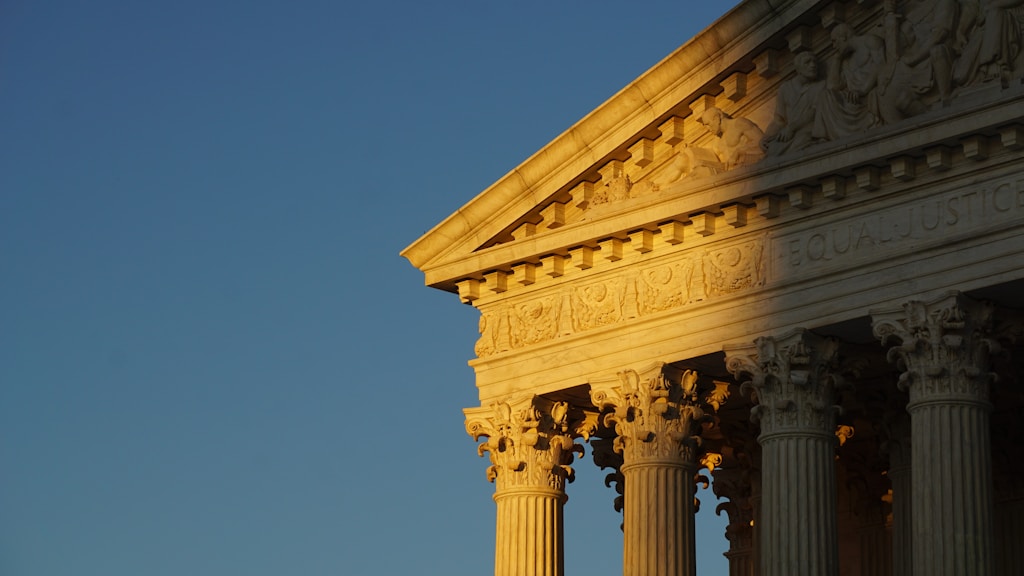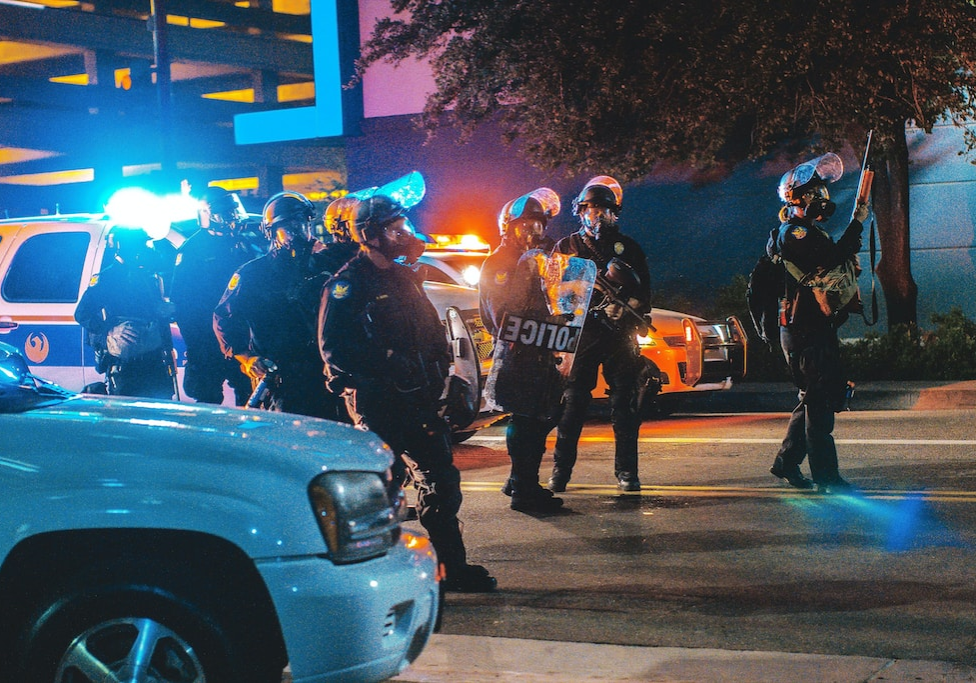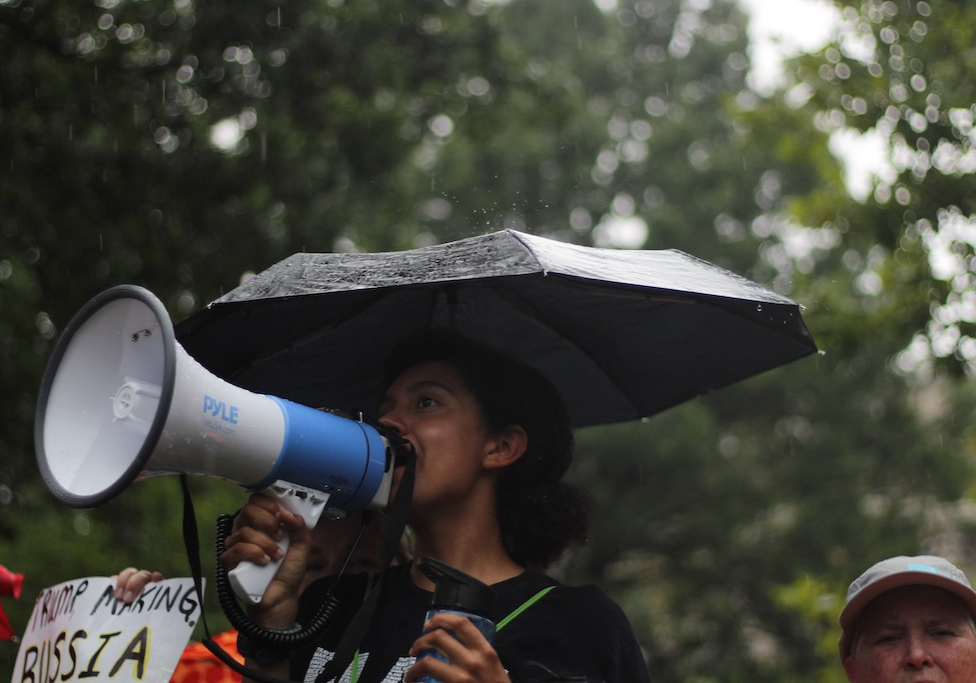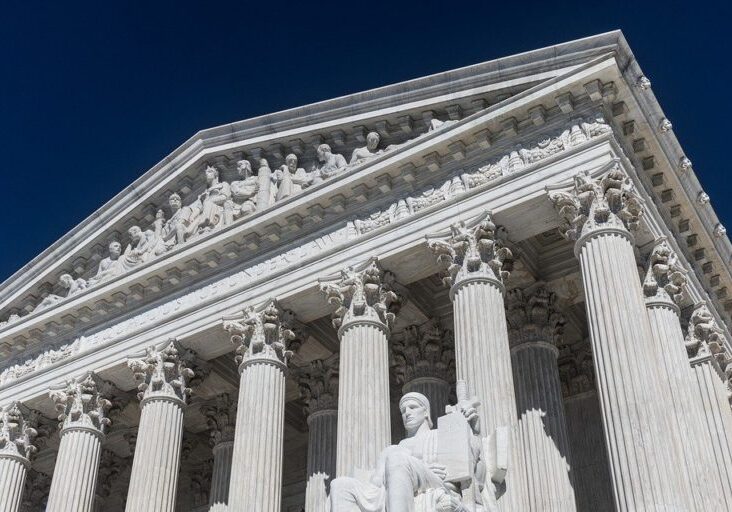Lesson Plans
What Makes a Good Judge
What Makes a Good Judge Grade Level: Middle Overview:This lesson focuses on the costs and benefits of various judicial selection methods. Students will list characteristics they think essential or valuable […]
Qualities of Judges
Qualities of Judges Grade Level: Middle Overview: Students brainstorm qualities that judges might possess, then discuss why those qualities are important. Time Needed: 1 class period Materials Needed: Qualities of […]
Dispute Resolution
Dispute Resolution Grade Level: Upper Elem and Middle Overview: Students are first asked to resolve a hypothetical case via the adversary process. Each student is assigned the role of plaintiff, […]
Pirates and the Law
Pirates and the Law Grade Level: Middle Overview: In this lesson, discussion of modern day piracy begins with a cartoon by Michael Ramirez depicting a 17th century pirate ship pulling […]
Modern Day Human Trafficking
Modern Day Human Trafficking Grade Level: Middle and High Overview: Students will learn about human trafficking in the United States and read a short profile of human trafficking survivors as […]
Music Distribution and Copyright
Music Distribution and Copyright Grade Level: Middle and High Overview: This guided discussion will help students understand copyright law, especially its relevance in this technology-based era. It begins by probing […]
Juvenile Justice: The Case of Gerry Gault
Juvenile Justice: The Case of Gerry Gault Grade Level: Middle Overview: In this lesson, students will learn about the events that led to the case In re Gault, and will […]
Search Me
Search Me Grade Level: Middle and High Overview: The lesson begins with students lined up in the front of the room. They are presented with a series of searches/seizures. […]
Drug Testing in Schools
Drug Testing in Schools Grade Level: Middle Overview: This lesson calls for students to take a stand on whether there should be drug testing in schools or not. Students stand […]
Introduction to the First Amendment
Introduction to the First Amendment Grade Level: Middle Overview:Students will inductively discover the First Amendment by reading and analyzing newspapers. They will discuss various circumstances involving the First Amendment, and […]
Residential Property Signs
Residential Property Signs Grade Level: Middle and High Overview: This lesson uses City of Ladue v. Gilleo as the basis for discussion of First Amendment rights. Students will argue for […]
Exxon Valdez
Exxon Valdez Grade Level: Middle and High Overview:This lesson highlights the Exxon Valdez story, including a photograph presentation, maps, personal stories, and Supreme Court documents. Individual parts may be selected […]
Environmental Laws – Then and Now
Environmental Laws – Then and Now Grade Level: Middle Overview: This PowerPoint presentation uses modern environmental images juxtaposed with historic images and facts, and then asks students: Is Going Green […]
Environmental Laws Timeline Activity
Environmental Laws Timeline Activity Grade Level: Middle/High Overview: Students will have to select 25 environmental laws in American history from a much larger list. Their goal is to produce their […]
What is the Judicial Branch
What is the Judicial Branch Grade Level: Middle Overview:This lesson exposes students to the judicial branch and the power of judicial review. They will read about an actual Supreme Court […]
Rules, Rules, Rules (The Eraser Game)
In this lesson, students are asked to play a game – passing an object, such as an eraser – in which the rules are unclear and keep changing.
No Vehicles in the Park
In this lesson, students will apply a general law – “no vehicles in the park” - to specific circumstances in considering the language of the law and its intended objective. The task will require that they interpret the law to allow for certain circumstances – an ambulance carrying a dying patient, for example. The lesson ends with students rewriting the law to more clearly reflect the intent of the lawmakers.
Influencing Public Policy
In this lesson, students are presented with a controversial school policy and given two viewpoints on the issue. They are then divided into groups, and asked to provide reasons for and against the policy. After deciding whether the policy should be changed or not, the students are asked to reflect on why policies might change and what factors influence policy decisions.
Responsibility and Community Service
This lesson explores how groups of people (or animals) come together to solve community problems. Students will identify a variety of personal responsibilities and civic responsibilities from a set of pictures in order to get a better understanding of what responsibility means. Students will understand that citizens in the United States have a responsibility to help others.
Taking a Stand
This lesson teaches the importance of being informed, forming opinions, and advocating for those opinions to our country’s political life. Students will understand what it means to take a stand and why it is important for citizens to do so for an important issue.
Connecting the Separation of Powers
Connecting the Separation of Powers Grade Level: Upper Elementary Overview: In this lesson, students will gain an understanding of the separation of powers using role playing and discussion. Students will […]
